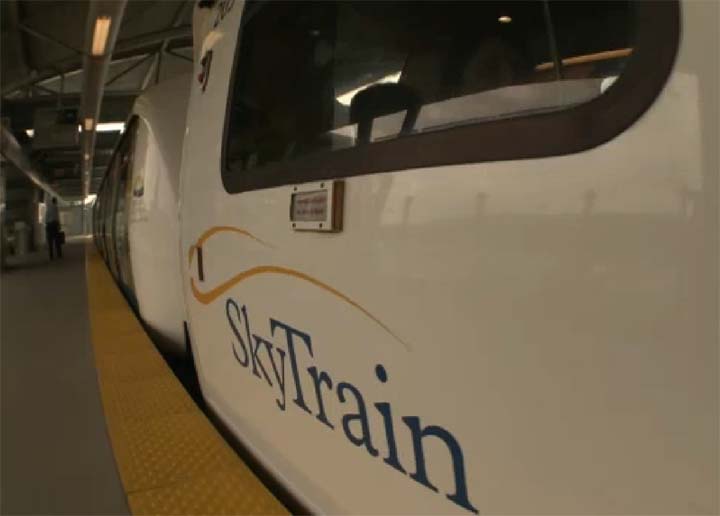The increasingly serious game of chicken between the provincial government and the mayors of Metro Vancouver over transit funding shows no sign of ending.

Last week, I wrote that the transit referendum scheduled for the fall faced a rocky road before actually being held. Now, however, the standoff casts doubt on whether that referendum will actually be held at the same time as the upcoming municipal elections.
Transportation Minister Todd Stone now insists he wants the mayors to craft a “vision” of transit priorities, and he plans to use that to frame the question to put to voters in the fall. Good luck with that.
Historically, the mayors have displayed little evidence of agreeing on how to pay for transit improvements. For example, proposals like a parking tax or a vehicle levy have been kicked around from time to time, but various mayors have balked at those ideas.
Then there is the question of transit priorities. This is where searching for that elusive consensus really breaks down.
Vancouver Mayor Gregor Robertson wants a rapid transit line down West Broadway out to the University of B.C. But Surrey Mayor Dianne Watts (whose municipality is the fastest growing of them all) insists three light rail lines are needed in her town.
Then there is New Westminster. The first capital city’s ancient network of roads can’t handle much more traffic, a fact cemented by the recent influx of cars and trucks avoiding the Port Mann Bridge toll in favour of the Pattullo Bridge, which feeds into the city.
- B.C. child-killer’s attempt to keep new identity secret draws widespread outrage
- Inquest hears B.C. hostage was lying on her captor before fatal shooting
- ‘We’ve had to make a 180’: What Oregonians say they got wrong with decriminalization
- B.C. judge grants shared custody of family dog in landmark ruling
And so New Westminster doesn’t want an expanded Pattullo Bridge, which is what Surrey favours. Can’t everyone just get along?
Stone and Premier Christy Clark are adamant the referendum will be held. But given the apparent unanimous opposition of the mayors affected by it, it is hard to see the point of carrying through with it.
If the mayors don’t deliver that “vision” of transit priorities that Stone is looking for, what kind of question would he put on the ballot?
Does he ask voters to approve some kind of tax or levy that isn’t supported by the mayors, only to watch as it is voted down?
Because the referendum was a campaign promise in the B.C. Liberal platform, it’s hard to see the government bailing on it entirely, even though the Opposition New Democrats are calling for it to be scrapped.
Part of the sensitivity here is the painful lesson learned from the HST debacle: don’t spring a new tax on voters without getting their approval first, or before at least spending a long time educating them about the need for it.
A possible compromise here would be to hold the referendum at a later date. As I noted last week, a number of mayors are spooked at asking voters to approve a new revenue measure in a referendum at the same time they are seeking re-election.
A better, and more workable, option may be to hold the referendum next spring or even next fall. After all, even in the unlikelihood of a referendum question being approved by the voters in the fall, no new transit project is going to be built anytime soon.
Whether it’s the UBC rapid transit line or a Surrey light rail line or a further extension of SkyTrain, any such project won’t begin being built for at least a year anyway. So there is no urgent need to have the referendum in the fall.
The premier says she favours the fall vote because voters will be more focused, and she argues that an election is the perfect time for a debate to occur around issues and policies.
She may be right about that, but voter turnout in municipal elections is usually quite low. Given what’s at stake regarding potential transit improvements (there are about $20 billion worth of projects on various drawing boards) surely the best scenario is to hold a referendum when there is more enthusiasm for it.
The provincial government needs the mayors to buy into this scheme. And the mayors need to put aside their parochial positions and come up with a regional plan (however difficult it may be to achieve that).
The government, having been elected with a transit referendum as part of its campaign platform, can legitimately argue the voters have endorsed such a thing. But the mayors can also argue they are beholden to their constituents – and not the region – at election time.
Keith Baldrey is chief political reporter for Global B.C.



Comments